UNDP Values Vietnam's Efforts to Ensure Safety for Vulnerable Communities
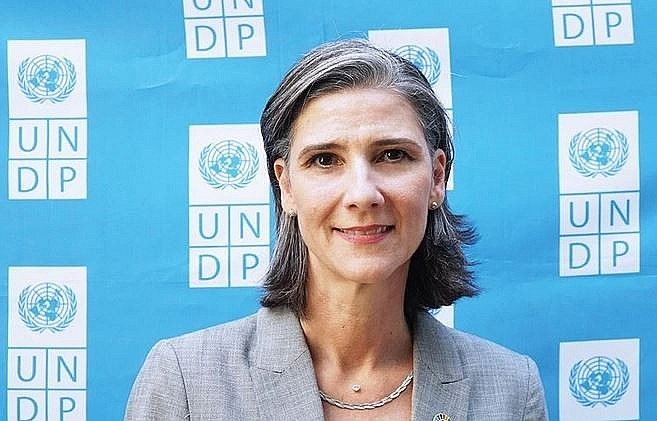 |
| Ramla Khalidi, UNDP Resident Representative in Vietnam (Photo: VNA) |
Vietnam is among the most vulnerable countries to natural disasters
In 2023, the world witnessed many catastrophic natural disasters. In recent years, Vietnam has also suffered from many dangerous and large-scale natural disasters. It is estimated that each year Vietnam loses from 1 to 1.5% of its GDP due to natural disasters, in which poor households suffer the most.
Almost all regions of Vietnam are vulnerable to one or two typical types of natural disasters. For example, in the Central region, there is often a huge risk of storms and floods; the South Central and Central Highlands suffer from drought; the Mekong Delta is susceptible to drought and saltwater intrusion; while Northern and Central mountainous areas are prone to flash floods and landslides.
We must also understand and acknowledge that human activities that cause changes in water flows and vegetation surfaces, leading to the breakdown of soil and rock structures, also contribute to increased vulnerability. Vietnam has a population of nearly 100 million people, which is growing. Therefore, the pressure from socio-economic activities on nature is increasing, contributing to risk of natural disasters.
Recommendations for Vietnam
Regarding climate change mitigation, the Government, ministries, and agencies have issued policies to support the reduction of greenhouse gas emissions that are consistent with Vietnam's ambitious net zero commitment, which was made at COP26. These policies include the National Climate Change Strategy to 2050, the revised Nationally Determined Contribution (NDC) in 2022, the National Green Growth Strategy (2021- 2023), Power Development Plan 8, and the Action Plan to reduce methane emissions until 2030.
In particular, the Prime Minister launched the Resource Mobilization Plan (RMP) to implement the Just Energy Transition Partnership (JETP) at COP28. JETP has reached an agreement to mobilize 15.5 billion USD for Vietnam's energy transition.
The RMP has outlined a roadmap for Vietnam to mobilize the necessary financial resources and prioritize projects that support its equitable energy transition goals. This demonstrates Vietnam's determination to achieve its net zero commitment, especially in a fair, equitable, and inclusive way.
Regarding adapting to the impacts of climate change, Vietnam has also proposed many important policies and programs to help people adapt to increasing risks and minimize the impact of natural disasters.
Going forward, Vietnam can continue to prioritize sustainable livelihoods, building safe housing, and building medical facilities that can withstand severe natural disasters. Vietnam can also learn from other countries' experiences to increase the adoption of nature-based solutions (such as mangrove planting).
For landslides and flash floods in mountainous "hot spots", Vietnam has accomplished risk mapping and relocated people to safer places, as well as built houses and schools for ethnic groups. We appreciate the actions of the Government and local authorities in ensuring the safety of people in such vulnerable locations.
UNDP stands ready to support Vietnam in disaster management
Vietnam is still the sixth most vulnerable country to the impacts of climate change and natural disasters. UNDP will maintain our support for Vietnam's resilience-building initiatives and engage in the implementation of innovative, integrated solutions.
Some of our key projects include planting mangrove forests along coastal rivers, building storm-resistant houses and safe medical stations, establishing an early warning system, digging ponds to withstand climate change, and promoting food safety. We also support climate-smart agriculture, sustainable livelihoods, capacity training for commune officials, contingency planning, policy and legal frameworks on natural disaster insurance or early warning.
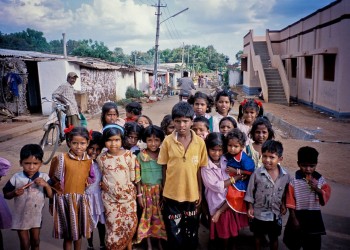 | Vietnam Succeed in Reducing Multidimensional Poverty: UNDP According to the United Nations' Multidimensional Poverty Index (MPI), Vietnam is one of 25 countries that successfully reduced multidimensional poverty over the past 15 years. |
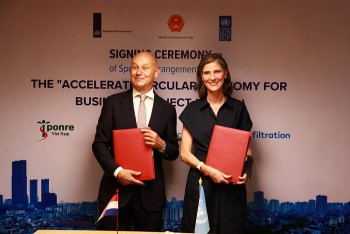 | Netherlands, UNDP Support Vietnam's Circular Economy The cooperation project between the Embassy of the Netherlands and UNDP in Vietnam affirms the mutual commitment of the two sides in promoting circular economy ... |
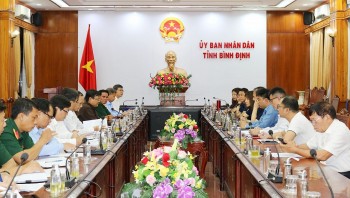 | Binh Dinh Province Benefits From Vietnam-Korea Peace Village Project The Korea International Cooperation Agency (KOICA) and the United Nations Development Program (UNDP) support Binh Dinh province to develop harmonious and safe rural communities |
Recommended
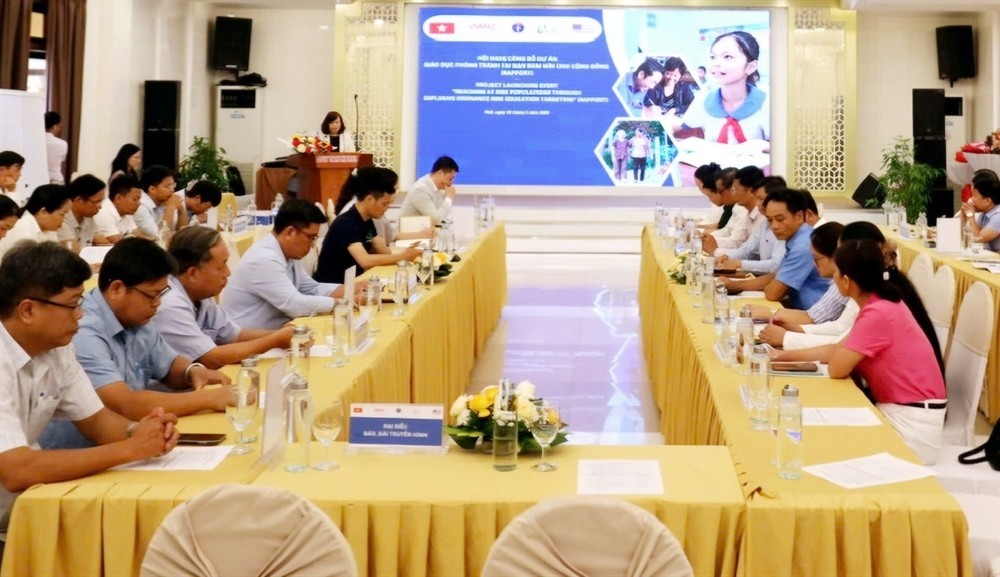 Viet's Home
Viet's Home
Hue City to Raise Awareness on Mine Accident Prevention
 Focus
Focus
Vietnam Leaves Imprints on the World Peacekeeping Map
 Viet's Home
Viet's Home
“Global Vietnamese Singing 2025” - Connecting Hearts Longing for Homeland
 Viet's Home
Viet's Home
Vietnam’s People's Public Security Force Actively Contributes to UN Peacekeeping Operations
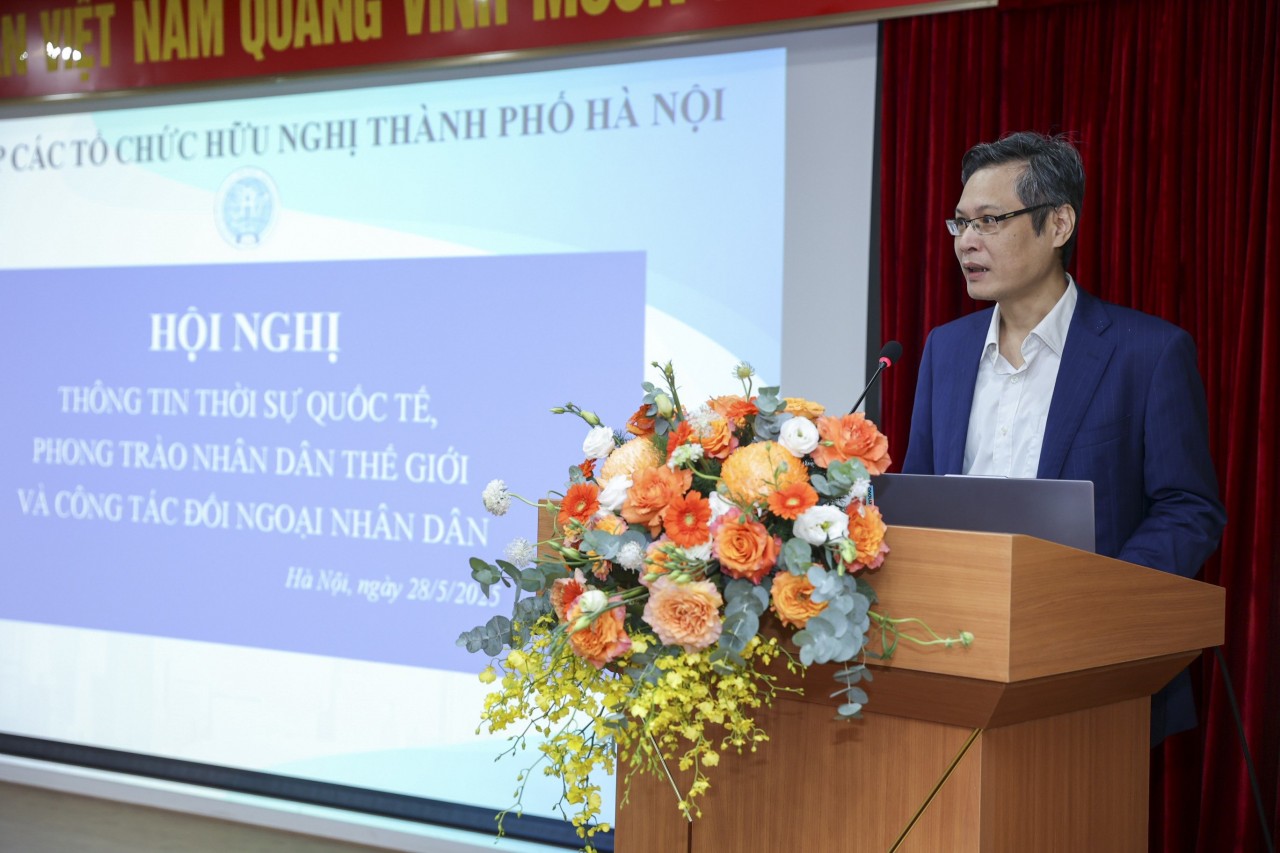 Viet's Home
Viet's Home
HAUFO Enhances Competence of People-to-People Diplomacy Personnel
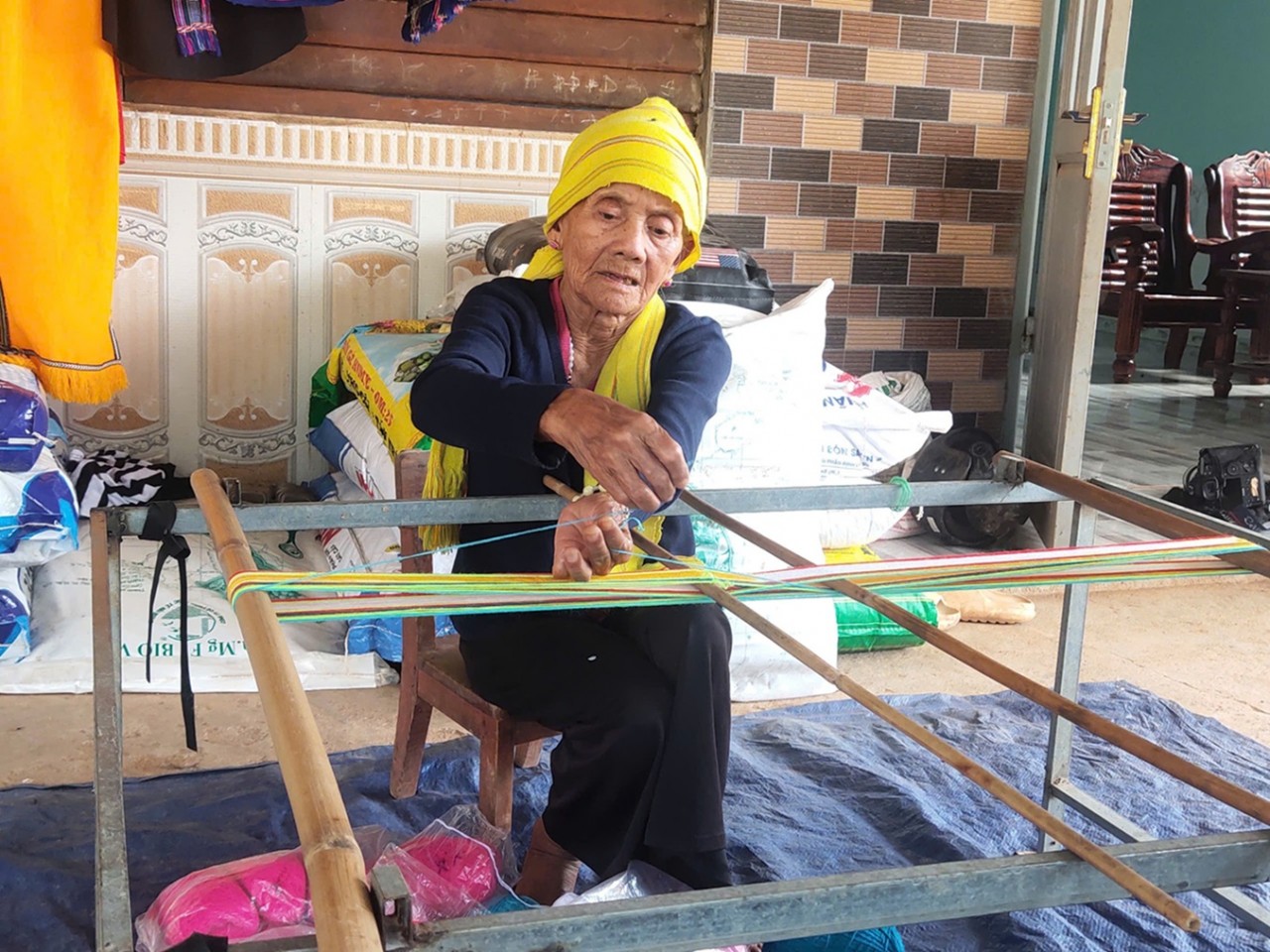 Viet's Home
Viet's Home
Hands that Reserve Da Long Brocade Craft
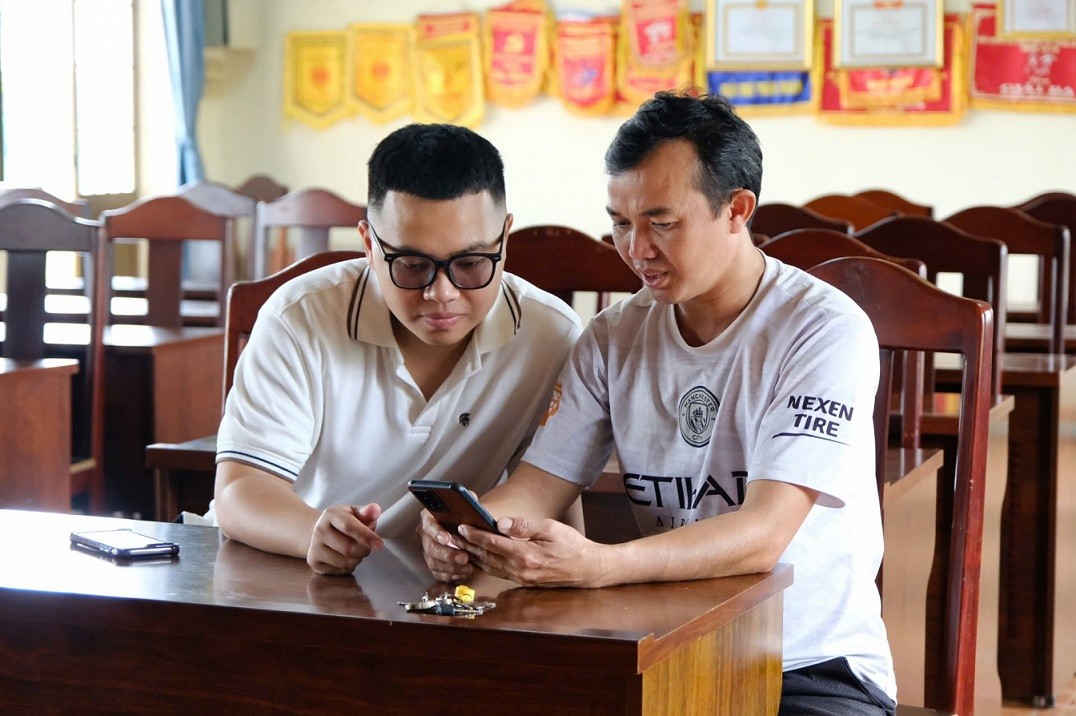 Viet's Home
Viet's Home
Da Rsal – How Digital Transformation Reshape a Poor Commune
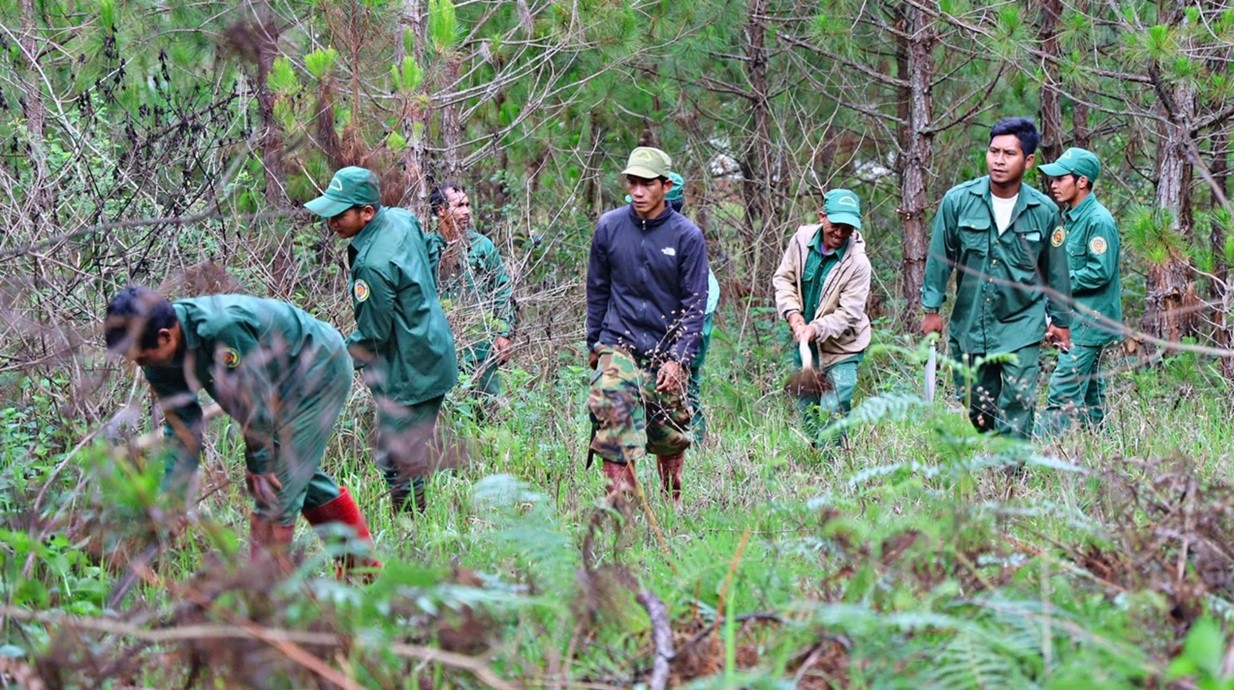 Viet's Home
Viet's Home
